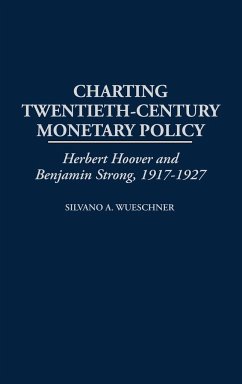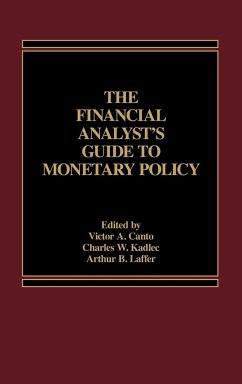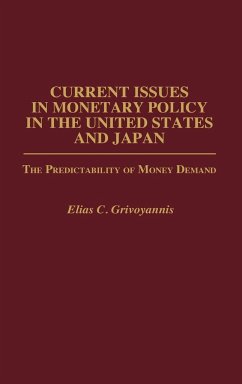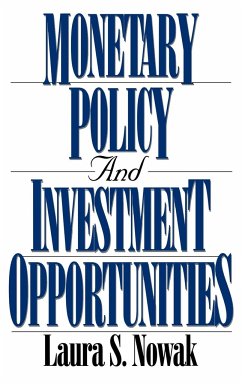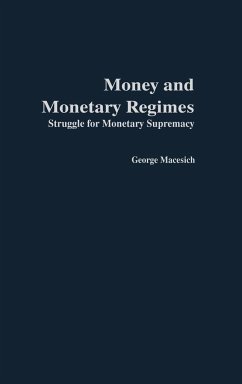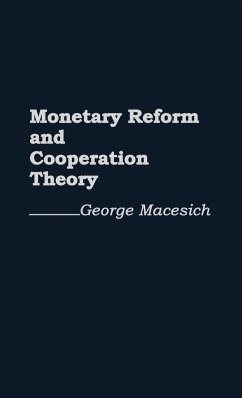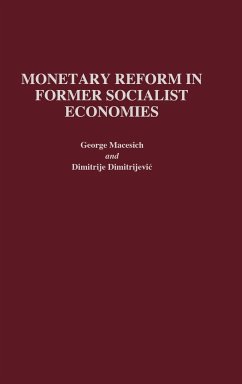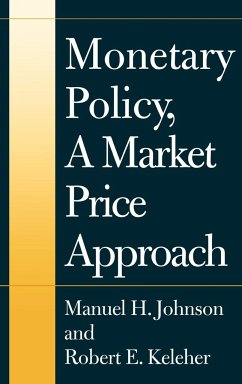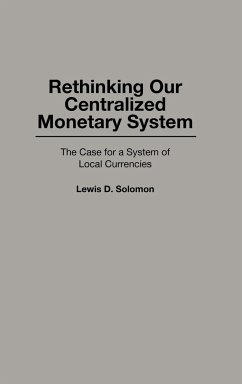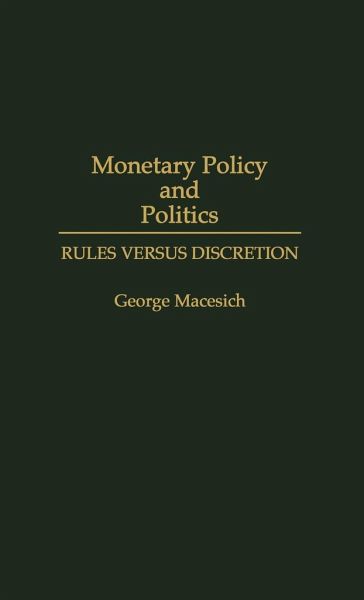
Monetary Policy and Politics
Rules Versus Discretion
Versandkostenfrei!
Versandfertig in 1-2 Wochen
70,99 €
inkl. MwSt.

PAYBACK Punkte
35 °P sammeln!
Macesich's latest book argues that the poor performance of monetary policy can be attributed to the ease with which money slips into the political arena to become a singularly important political issue. Discretionary authority facilitates monetary manipulation for political ends, thereby increasing uncertainty and casting doubt on money, the monetary system, and indeed the monetary authority itself. The author traces the evolution of the debate over rules versus discretionary authority and discusses various methods that economists have proposed for constrain the monetary authority. If monetary...
Macesich's latest book argues that the poor performance of monetary policy can be attributed to the ease with which money slips into the political arena to become a singularly important political issue. Discretionary authority facilitates monetary manipulation for political ends, thereby increasing uncertainty and casting doubt on money, the monetary system, and indeed the monetary authority itself. The author traces the evolution of the debate over rules versus discretionary authority and discusses various methods that economists have proposed for constrain the monetary authority. If monetary policy is to be credible and thus successful, the hands of monetary policy makers are better tied than left free. This work by a noted authority on monetary theory and policy will interest economists in academia and the policy-making community.




